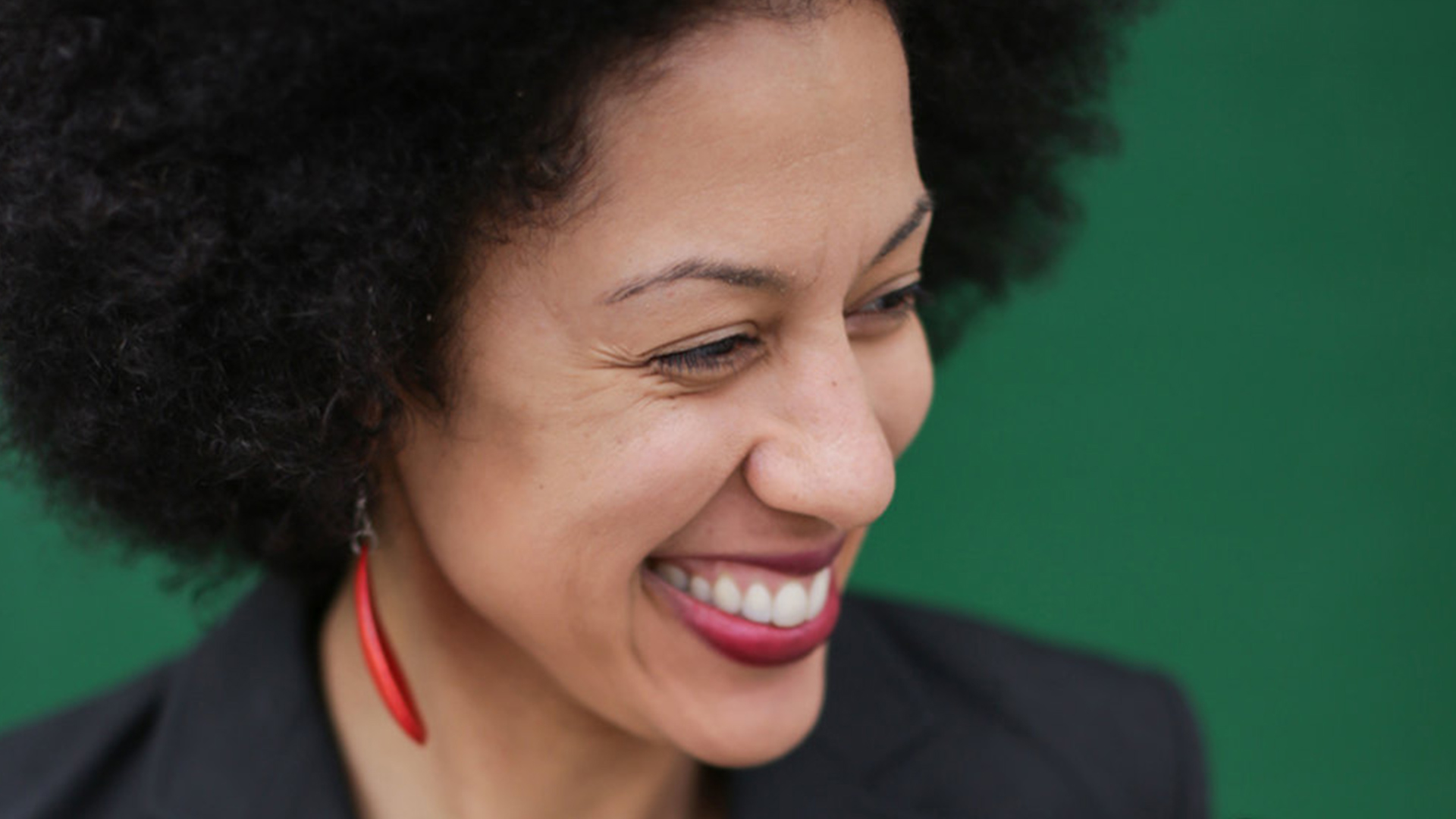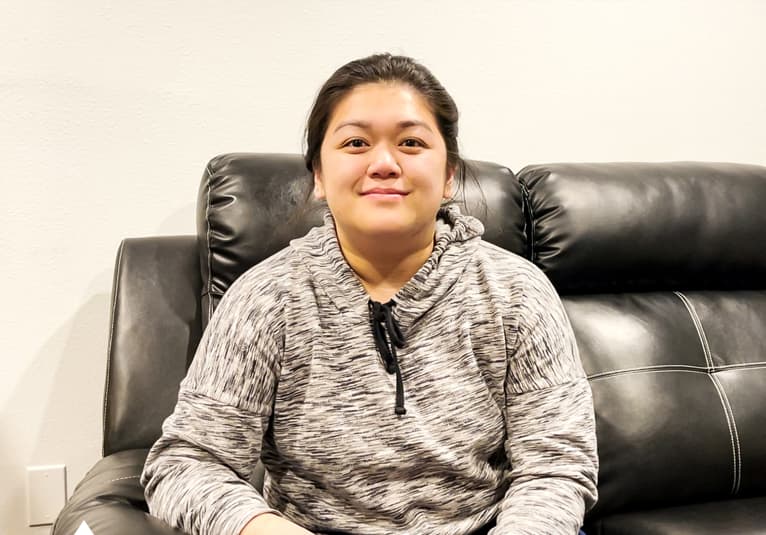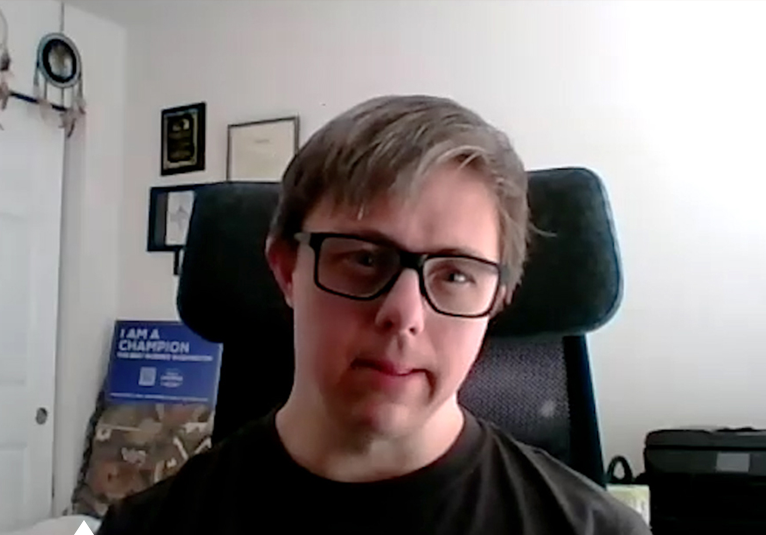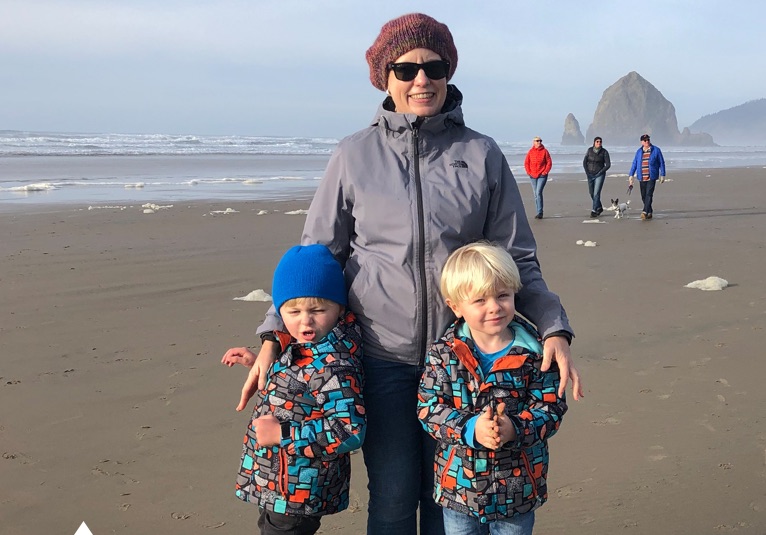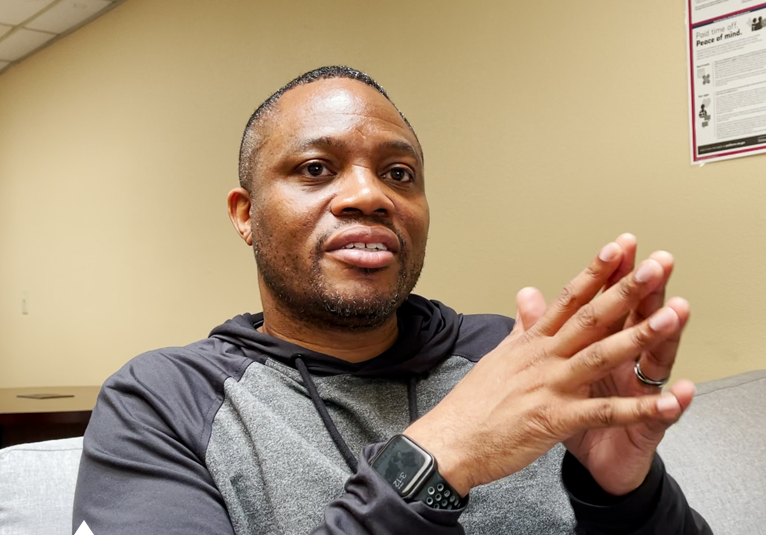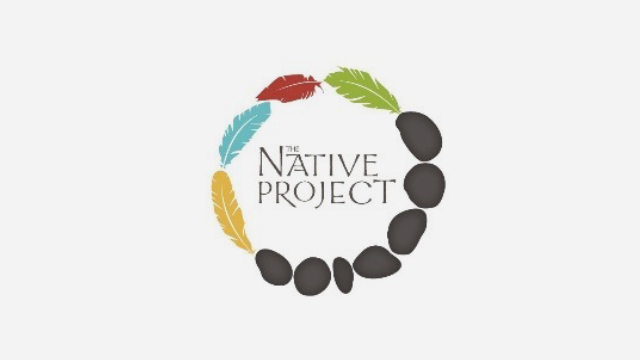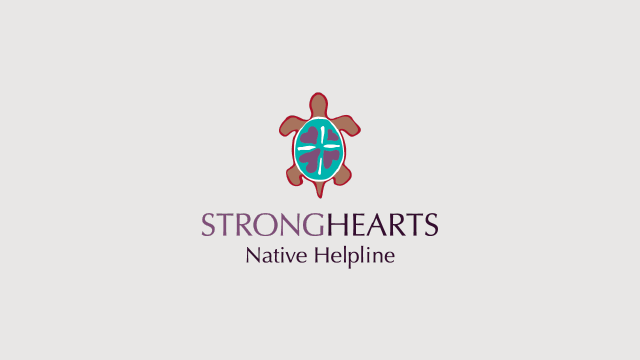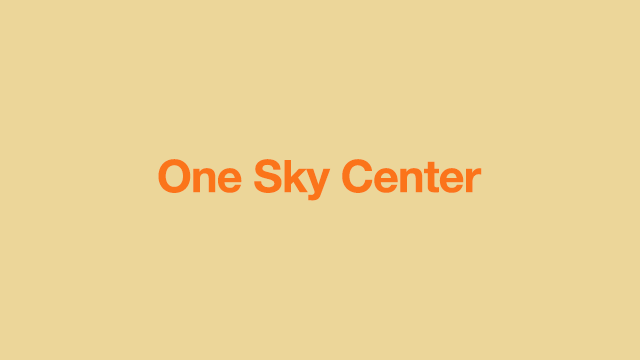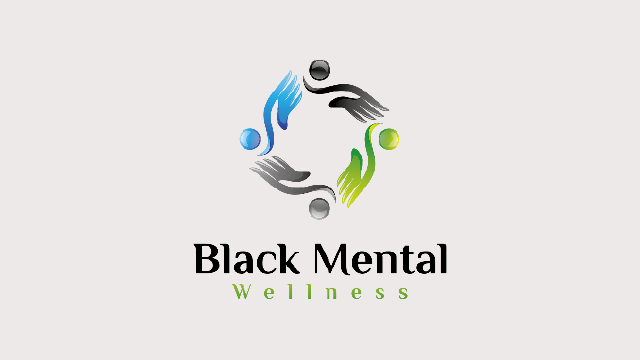Erin J I was adopted by white people and they were rejected by their families.
I am a black woman born out of the body of a white woman abandoned in a place called Saint Paul, Minnesota, which is right next to Minneapolis, Minnesota.
So you probably didn’t know that city until last year, unfortunately, but I knew it and I was rejected there.
And then I was adopted by white people and they were rejected by their families for adopting a Negro baby. And that was literally the word for me. It’s actually on my birth certificate.
And my parents are probably two of the bravest human beings I know.
And they decided to race me overseas.
So they knew I was not going to get a fair shot here in America.
And so I was raised at basically the United Nations school in the Netherlands, in The Hague, the Netherlands, I grew up around some of the most powerful people in the world.
So I went from an orphanage to meeting and speaking with the queen.
She’s now, her son is now the king. But the queen, i’ve met her twice. I’ve spoken in front of her cabinet twice. Every American president that came to the international court walked through the halls of my building from Jimmy Carter to George Bush. I hosted Barbara Bush when I was a senior in high school and really had this pretty amazing life.
And in school, K-12, I was an athlete, a musician, a great student. I speak four languages.
And I had this vision that I was going to come back to America, go to college, and then go back and work as a lawyer and change the world through international law. But as soon as I came to America in 1989 I realized, wow, race is real in America.
And even though I studied American history and I knew about slavery and I knew about civil rights. I thought everyone in America lived like Will Smith or the Huxtable family, The Cosby Show and Fresh Prince of Bel Air, were a really big deal in Europe. And so in my mind, every black person lived like that. And I came to America expecting that, went to college and the city that Will Smith grew up in and Philadelphia.
And had a rude awakening my freshman year of college, actually considered taking my life, freshman year.
A lot of people watching, probably don’t remember a time without cell phones or Internet. But I was in America at the time before you could just call Europe, before you could just send an email. There was snail mail. It’s like you actually had to put a stamp on an envelope and it took two to three weeks to get that letter from America, to where I was from. And so imagine being in a country that is dealing with race in not healthy ways and now you’re isolated in this country by yourself. My first year in college, was pretty horrific. And I played soccer and basketball and that kind of kept me going. But when basketball season was over that first year, I just didn’t really have anything to live for. And I began to just stay in my dorm room.
And I look back now and I was experiencing depression, but I didn’t know what to call it then. I just knew I didn’t want to live anymore. I knew that I didn’t have hope anymore. I knew that I couldn’t imagine changing the world anymore.
But one day in April, first weekend in April, I just went walking out in the sun and ended up on a basketball court with a guy named Dr. Julius Erving, who, if you don’t know him, you can go Google him. Folks that are watching kind of one of the most amazing NBA stars ever.
And I ended up playing basketball with Dr. J and his sons and a bunch of young men from North Philadelphia, all black men. And it was the first time I saw myself and my college town because where I went to college outside of Philly. There were no black people. In fact, there were 10 black women on my campus. That was it, just 10 of us, very elite college, literally a sign right down the street from my college that said, no coloreds or Jews allowed here, just a horrible environment.
And this little tiny town outside of my college town is where the black people lived who worked as the help in people’s homes in my college town. And there was a basketball court right in the middle of it. Dr. J had built a basketball court in the middle of this tiny help community. And he was playing that day. And I would play all day with him. And then afterwards on the sidelines, I talk to these three high school aged black boys and they had all dropped out of school. And I remember knowing at 18, this is a problem, like how are they going to function if they don’t get a high school diploma in America like there’s nothing you can do in America without a high school diploma. And so as an 18 year old, I ask these three young men, so what are you going to do with your future if you’re not going to get a high school diploma, if you’ve dropped out of school and all three said we don’t expect to live to be 21.
And that conversation will stick in my head for the rest of my life.
I knew in that moment what my purpose was like, I it was like this. Everything exploded in my head, and I knew for the first time, oh, my gosh, I was born black out of a white body, I was adopted by educators who raised me in Europe. I’ve been really well educated.
I’m a baller and an academic.
I was meant to be a teacher like my parents, and that’s how I’m going to change the world and I need to teach children who look like me and represent to them what’s possible for them. These young men at 16 and 17 had already lost any vision and possibility. And I remember running all the way back to my dorm. And at the time you had to call the operator to call Europe. And it was like three o’clock in the morning. And I wake my parents up and I’m crying and I’m like, oh, my gosh, you guys, I have really wanted to just disappear and I wanted to come home, but I couldn’t tell you. But now I know what my purpose is in the world and I’m going to be a teacher just like you. And that was the beginning of this 30 year journey that I’ve been on to really invest in communities with people who look like me.
But I’ve now worked in all white, really poor communities, too.
And what I have come to believe is my mission is to be a bridge between people that are not talking to be an advocate now and spaces of power. I’ve worked in state government. I was the assistant state superintendent for four years. I’ve been a school district administrator. I’m the first black woman in the state of Washington to run for state office. I know all the big dogs and I know the guys playing basketball on the hilltop. And I know that my purpose is to build bridges and to help translate like I speak four languages. But even in English, my job is to translate from the hilltop to the courthouse, from Tacoma to Olympia, leveraging my story and experiences to help people thrive.

